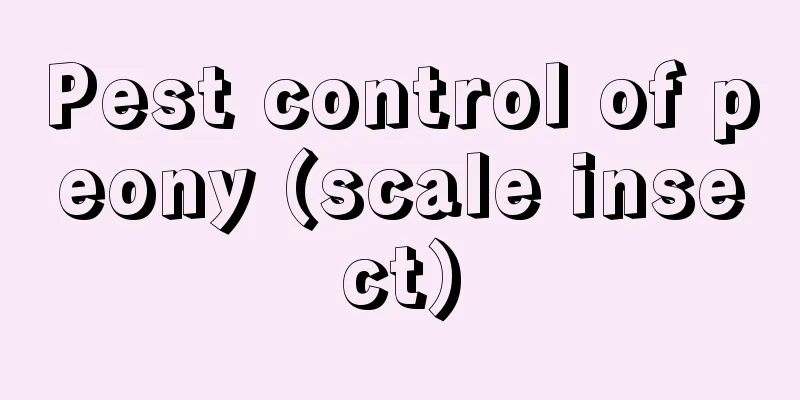How to grow Ulmus pumila bonsai

1. Maintenance methods1. Soil: The small-leaved elm has low requirements for soil and can grow in acidic, alkaline and neutral soils. When cultivating bonsai, loose, fertile, neutral soil is needed, which is beneficial to its growth. 2. Light: Ulmus pumila needs long-term light. The potted plant can be placed in a sunny place indoors, and it is very sun-resistant, so there is no problem even if it is exposed to strong light. 3. Watering: Ulmus pumila prefers a humid environment, so water it frequently. Generally, water the plants 1-2 times a day in summer, once a day in spring and autumn, and once every two days in winter. In addition, you can spray water on the leaves every day to keep them moisturized. 4. Fertilization: The growing period of Ulmus pumila is from April to October, and it needs sufficient nutrients during this stage. Generally, fertilizer should be applied every 15 days, and it is advisable to use organic fertilizer rich in nitrogen, phosphorus and potassium. 2. Breeding techniquesThe seeds of Ulmus pumila are not easy to obtain and are generally propagated by cuttings, with a survival rate between 20% and 40%. Choose 1-2 year old branches, about 7-8 cm in length. Apply indolebutyric acid to the base of the branches to promote rooting, then wash them with clean water. Choose soil with good drainage and ventilation as the substrate, insert the cuttings into the substrate, water thoroughly and place them in a sunny place. It is necessary to spray water around frequently to maintain a high humidity. 3. Pest and disease control1. Diseases: Common diseases are root rot and branch witches' broom. Root rot can cause leaves to turn yellow and fall off, and branches to die. The plant needs to be removed and the damaged roots trimmed, then applied with fungicide and replanted. Witch's broom disease mainly harms new shoots and leaves. The diseased leaves need to be cut off and burned, and then sprayed with lime sulfur. 2. Pests: There are many pests, such as scale insects, longhorn beetles, and caterpillars, which are harmful to Ulmus pumila. They can be killed by spraying with DDT. |
<<: How to grow daffodil lilies
>>: How to cultivate bamboo bonsai
Recommend
Cultivation methods and precautions of Juniper
1. Watering Juniper is very tolerant of drought, ...
What should I do if the leaves of Catharanthus roseus wilt?
One of the reasons for wilting is potted transpla...
How to care for the Dingdangjin succulent and what kind of soil is best for planting it
Dingdangjin is a red lotus bridal variety with lo...
How to grow green radish in spring
1. Lighting It is a plant that does not require m...
Cultivation methods and precautions of white chrysanthemum
How to cultivate white chrysanthemum soil Potted ...
Where do sunflower seeds come from?
Where do sunflower seeds come from? Sunflower see...
When is the best time to prune hydrangeas? How to prune them to get more flowers next year?
Hydrangea pruning time Hydrangea pruning can be d...
How long does the lily bloom?
1. Cut flowers Usually, in order to decorate our ...
The efficacy and function of Prunella vulgaris
After being dried, Prunella Vulgaris is very ligh...
What are the methods of propagating Jade Dew?
Division It can be combined with repotting, or th...
Shandong onion transplanting time
Shandong is one of the major onion -growing provi...
The efficacy and function of Melaleuca alternifolia
effect: Medicinal effects: It has a good therapeu...
How to make a bonsai of June Snow
Types of shapes The branches of June snow are sof...
What kind of crop is sesame? It is an oil crop.
What kind of crop is sesame Sesame is a kind of g...
How to prune watermelon vines?
In the process of watermelon cultivation and mana...









